If you’ve read my previous article ‘What you should not give at 6 months’, you must know that it is long list of things that should not be given to 6 months old baby. Looking at that list, it is obvious to think ‘then what should we give’. But trust me, the list of the foods that we can give is much longer than that. So don’t worry, and read on.
When you start weaning at 6 months, the main purpose is to accustom the baby with foods. Another important purpose is to figure out if baby has allergy with any food. So keeping this in mind, give food in experimental manner.
Important Tips
- Start with only one food at a time. Give the same food for 2-3 days and observe for any reactions, rashes, allergy etc.
- When the first food has been given for 2-3 days continuously, introduce the second one, and give those two foods (previous and new) for next 2-3 days. Again observe for any reactions. Then start with the third one, replace with new, and so on.
- Give any new food in the morning time, so that if there is any adverse reaction, it happens during the day and you have enough time to observe and take necessary action.
- When the baby starts weaning, he may get constipation, or loose motions. In case of loose motions, you should give rice or rice water, that will help.
- In case of constipation, give peach, prune, pear, chiku, and other high fiber foods (from the list below).
Given below is the list of cereals, pulses, vegetables, fruits etc. that can be safely given to babies after 6 months of age. This list has been made after a lot of research from reliable sources. You might think that I have forgotten a few things (like spinach, mango, etc.), but I haven’t; I just found out that these may not be suitable for 6 months old due to some or the other reason and thus better to be given later, so did not include them here. So this is a very exhaustive and safe list (to the best of my capabilities).
Let’s now jump to the list.
Cereals and Lentils
Moong Dal
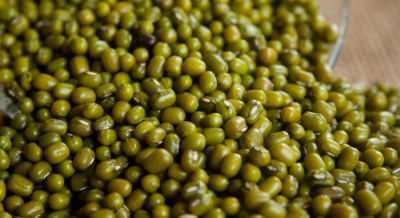
The first thing that we should start with is Moong Dal. Moong dal is light on stomach, easy to digest, and contains proteins, iron, minerals (potassium, magnesium) and vitamin B6, and little amounts of other vitamins and calcium. Initially, start with strained dal, because the peel can stick in the throat of the baby and may induce coughing or vomiting. You can give ‘ddhuli moong’ without straining, but make sure it is very properly cooked and mashed.
Arhar (Toor) Dal/ Pigeon peas
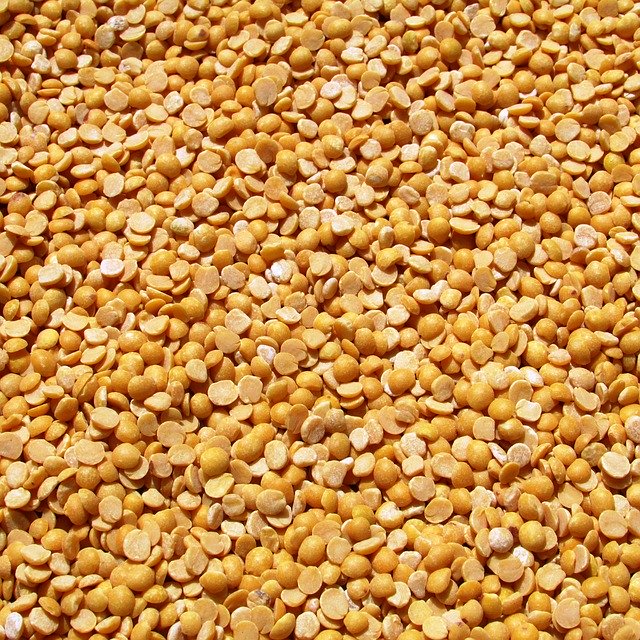
Arhar dal is another lentil that can be safely introduced to babies after 6 months of age. This lentil is also rich in proteins, iron, minerals and vitamin B6. However, the amounts of these nutrients is a little less than moong dal.
Since arhar dal has no peel, you may give it without straining, but ensuring that it is very well mashed.
Rice
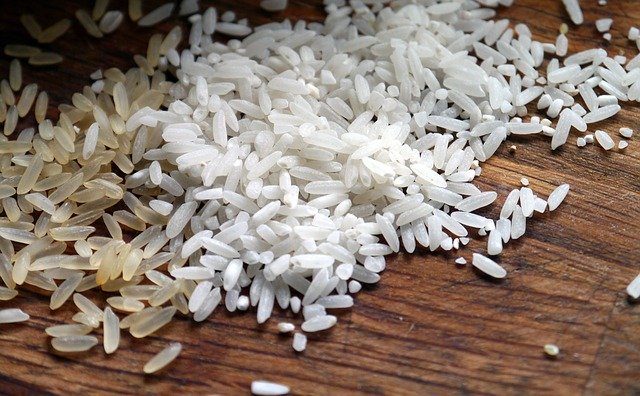
Rice is very commonly given to babies from the beginning itself. It is a good option to start with as it is gluten free with no risk of allergies. It is also light and easy to digest. However, it has low nutritional value. Keeping these two facts in mind, I would suggest you to give it in starting. Once the baby starts accepting food well, rice should be replaced with more nutritious options.
You can give rice water (maand), or rice as overcooked, mashed, thin consistency paste.
Please remember, rice or rice water is very effective against loose motions. So if the baby gets loose motions, do not forget to give him rice.
Semolina (Sooji/Rawa)
Semolina can be started at 6 months as it too is easy to digest. But if you do not want to reduce your baby’s milk intake, you might need to limit semolina or start it a bit later as it makes the baby feel full for long. Semolina is a good option for babies (and adults too) as it has zero cholesterol and provides proteins, dietary fibers and energy.
Ragi/Nachni/Finger millets
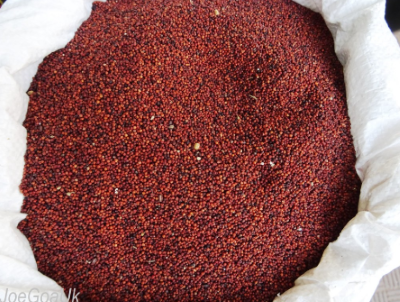
Thanks to the increased health awareness in recent years, people now know and prefer Ragi for babies. Ragi is a very good source of iron, proteins, fibers, and amino acids. Of all the cereals and millets, ragi has highest amounts of calcium and potassium.
When ragi is sprouted, its nutritional value increases many folds. You can get the flour of sprouted ragi and use it to make porridge, malt, halwa etc. for your baby.
Sabudana/Sago (Pearl Tapioca)
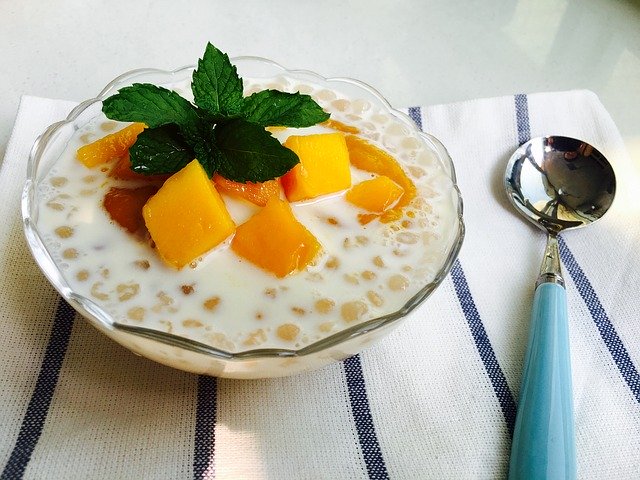
Sabudana is another healthy option that can be introduced at 6 months. It is gluten free and non-allergic. Sago is easy to digest, and provides energy which may also help in weight gain. Sabudana provides nutrients such as calcium, phosphorus, and vitamin B9. It also helps to relieve bloating and constipation.
Sago can be given as sago kheer, but give it in very limited amount (1-2 spoons).
Makhana/Lotus Seeds/Fox Nuts
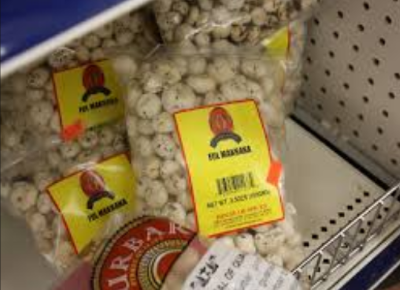
Makhana, though does not belong to this category, but can be used as cereal as it is fulfilling. Makhana provides proteins, calcium and minerals like manganese, magnesium, phosphorus, and potassium. It also provides some amounts of vitamin B1 and vitamin B6.
It can be given as makhana kheer (made from roasted and powdered makhana). Give it in limited quantities and do not give it as first food.
Vegetables
Potato
Potato is another very commonly given food to babies. However, potato does not have much nutrients. It has more of carbohydrates (and a little amounts of few minerals too). The function of carbohydrate is to give energy to the body (and may add to weight). So if you wish to give more nutrients dense food to your baby, you should skip potato. But if you want your baby to gain weight, you can include it in his diet (though my baby was lean, but I did not give her potato; I always focused more on nutrients rather than weight).
Carrots
Carrot is also considered very safe to be given at the age of 6 months. Carrots have some amount of all the vitamins, but it is very very rich in vitamin A. Vitamin A is very good for eyes, and of course, adds to immunity too. Give it in pureed form. Since it is naturally sweet, babies tend to like it.
Pumpkin

Pumpkin is another very rich source of vitamin A that can be given at 6 months. It also has a little amount of vitamin C. It has ample of anti-oxidants which help in improving immunity. Pumpkin also aids in digestion and thus is a very safe food at 6 months when babies tend to face digestive problems due to the transitioning of eating habits. This is also a little sweet in taste and thus liked by babies.
Give it in pureed form (make sure to deseed it completely).
Peas
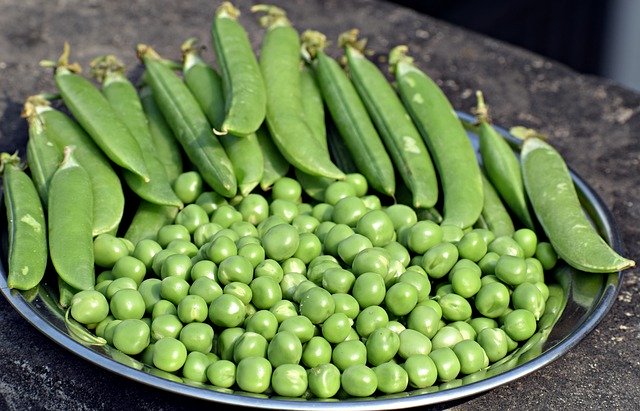
Peas can be given in paste form. Though peas can be introduced at 6 months, peas may cause gas and thus it is better to introduce it after a few days of starting solids, and check how the baby’s tummy reacts.
Peas provide dietary fibers and vitamin C, and some amount of vitamin A, vitamin K, and proteins.
Bottle Gourd (Ghiya)
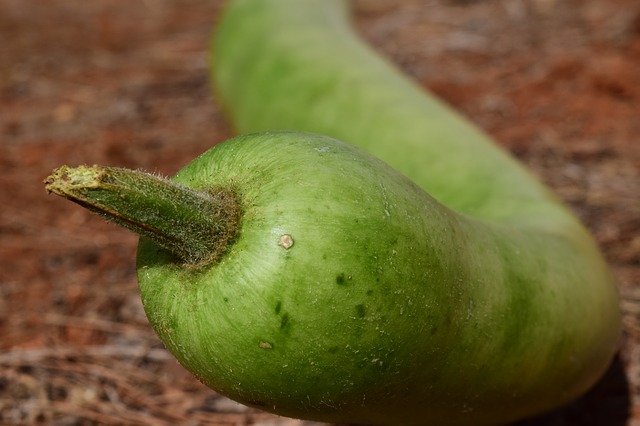
Bottle gourd is very easily digestible and thus is a preferred early food for babies. You can give it in steamed/boiled and pureed form.
It mainly provides Vitamin C to the body.
Sweet Potato
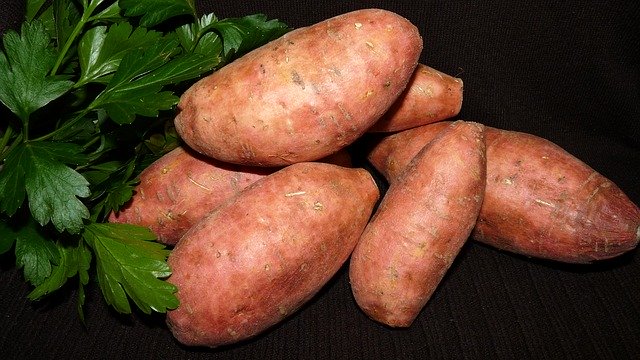
Sweet potato will be a treat to the babies due to its delicious taste. Unlike potato, sweet potato is nutritious. It is a brilliant source of vitamin A. It also provides some amounts of other vitamins, fibers and minerals including iron, calcium and selenium. You can give it to your baby in thin paste form.
While sweet potatoes are healthy, limit it to twice a week. Reasons being, first, it is tasty so baby might start to dislike the bland food; second, in some cases, it may cause gas and bloating.
Fruits
Banana
Banana is another among the first foods of the baby; reason being that it is very soft. It provides vitamin C, vitamin B6 and potassium (no, banana is not rich in calcium, contains only negligible amounts). Mash it with your fingers and give. Start with as little quantity as the baby wants to have. Even two bites are enough in the starting.
Apple
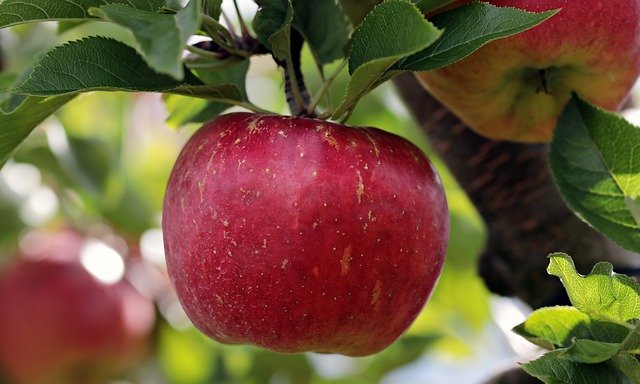
Apple can also be started at 6 months, though you may wait for 8-10 days after starting solids before you give apple. Apple is rich in fibers, vitamin C and anti-oxidants. These make apple good for stomach and immunity.
Instead of juice, you should give apple puree as it will provide dietary fibers too along with vitamins.
Pear
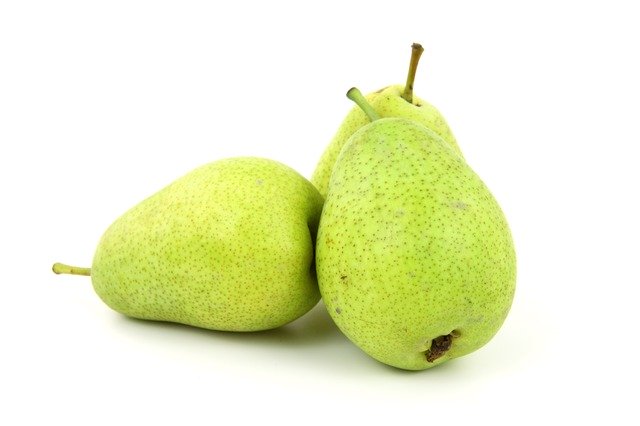
Just like apple, you can give pear also in puree form. Pear provides fibers and vitamin C.
Watermelon
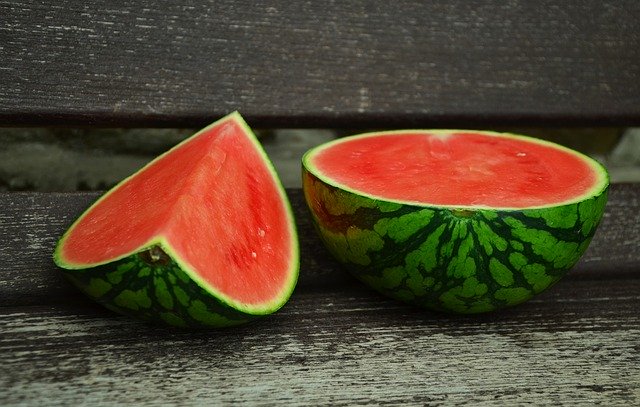
95 % of water melon is water, so it can be safely given to 6 months old babies. It helps in keeping the baby hydrated. Water melon also provides vitamin A, vitamin C, vitamin B5, and potassium.
Either mash the water melon with fingers, or blend it for few seconds. Obviously, make sure there is not even a single or smallest seed left. If you are not confident about the seeds, just strain it.
Muskmelon
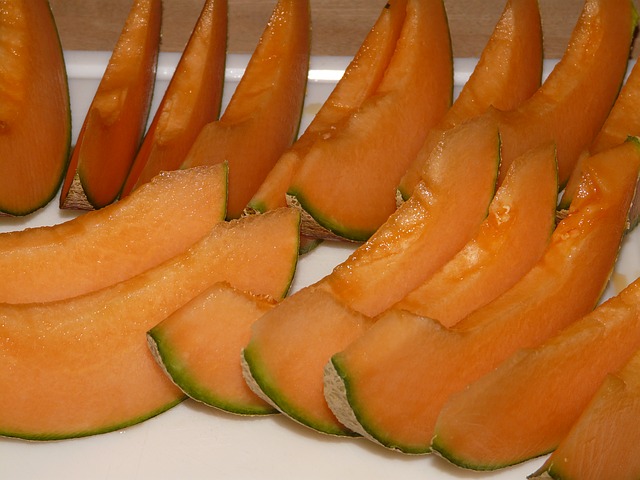
Muskmelon too poses less risk of allergy and thus is suitable to be started at 6 months. Because of its sweet taste, it will be liked by baby, and can be given in mashed or paste form.
Muskmelon is healthier than watermelon; it contains much higher amounts of vitamin A and vitamin C
Cheeku (Sapota)
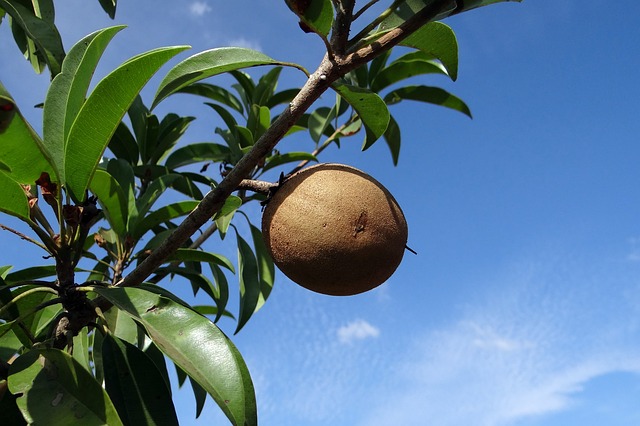
Chiku can be started at 6-7 months. When baby starts weaning, constipation sometimes occur and chiku may act as a good reliever. It may also play a role in preventing cough. Chiku undoubtedly is naturally sweet and a flavorsome fruit, so baby will like it. It provides dietary fibers and vitamin C.
You only need to mash it with your fingers or blend to give it to the baby.
Peach
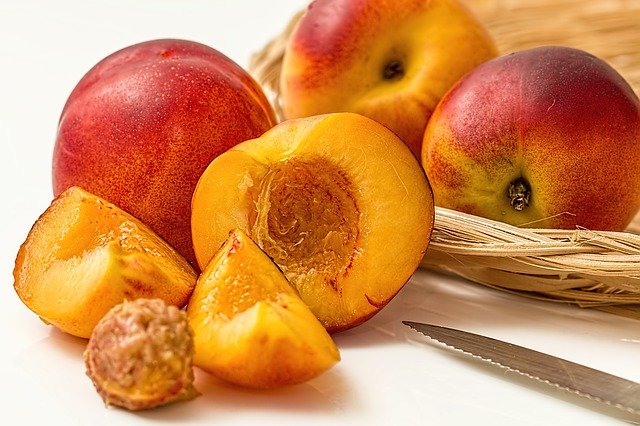
Peaches are an easy to digest fruit and can be given in steamed and pureed form as soon as baby starts weaning. Peaches provide vitamin A and vitamin C, and little quantities of other vitamins too. Peaches help in relieving constipation
Prune
Prunes too are safe to be started at 6 months. Puree or juice can be given (better to give puree). Prunes provide high amount of fibers, and moderate amounts of potassium, magnesium, vitamin A and vitamin B6.
Apricot
Apricots too can be introduced to the babies from the starting itself. It too is given as puree. Apricots are rich source of vitamin A and vitamin C.
Avocado
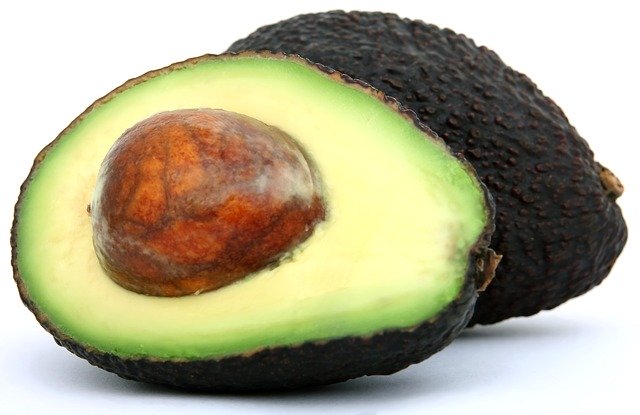
Avocado too can be started at 6 months. Since avocado is soft, you can simply give the pulp by mashing. Avocados provide fats, fibers, vitamin B6 and vitamin C. Avocados are excellent tonic for brain development. Though it is difficult to find, but if you find, do not forget to include avocado in your baby’s diet.
Add Ons
Ghee
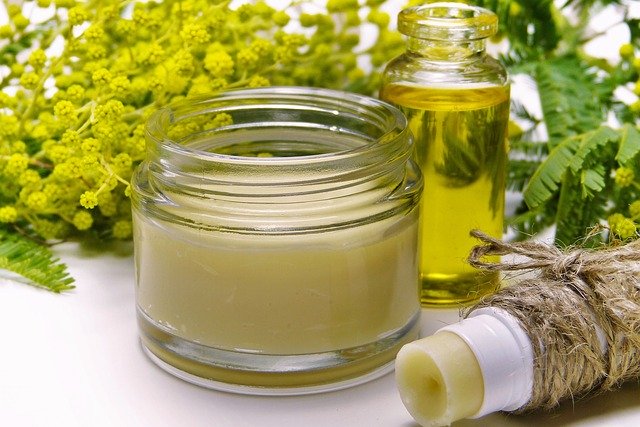
It is now well known fact that ghee is very good and important for health. Ghee provides vitamin A, D, E and K. It is also a good source of omega-3 fatty acids and thus aids in brain development. You can give ghee to your baby starting with 3-4 drops. But do not start on the very first day; let your baby get a little habitual of digesting food and then give ghee (will elaborate in the meal plan article). Once you start, you can gradually increase the quantity. By the time baby turns 1 year old, you can give 1 small spoon of ghee per day; so increase accordingly
Condiments
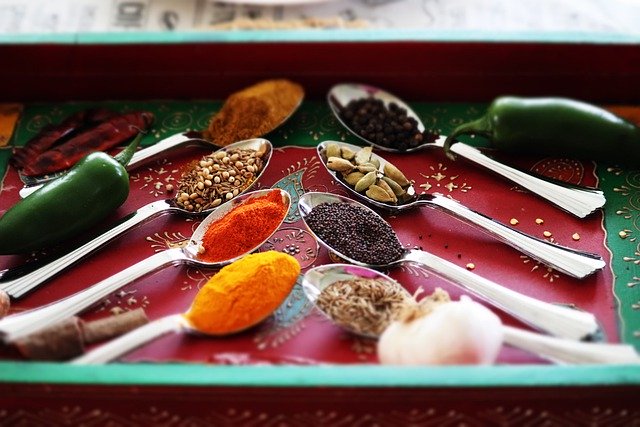
Condiments like turmeric, cumin (jeera), dill, coriander (dhania), cinnamon (dalchini), nutmeg (jaiphal), carum (ajwain), ginger, can be, in fact should be started after 7 months of age. All these condiments help improve digestion and immunity as well. Condiments have more individual benefits too, like cumin provides iron and ajwain helps prevent cold and cough. Needless to say, add in moderation, and do not add all at one time. (P.S. DO NOT give hing (asafoetida) before 10 months; it may cause blood disorders. Apply hing on navel if baby is facing digestive problems).
Dates
After reading many articles (from reliable sources), I can say that dates can be introduced at 6 months. Just take care to use minimum quantities (1-2 dates per day), and not to start the very first day; wait for a few days after you start weaning and start with one date. You can give it only in paste/puree form.
Dates are high in fibers, anti-oxidants (thus provide immunity) and minerals. In a study, it is also found that dates improves the brain functioning. Moreover, when the baby cannot have artificial sweetners, dates act as perfect sweetening agent for them. So do not forget dates.
Figs (Anjeer)
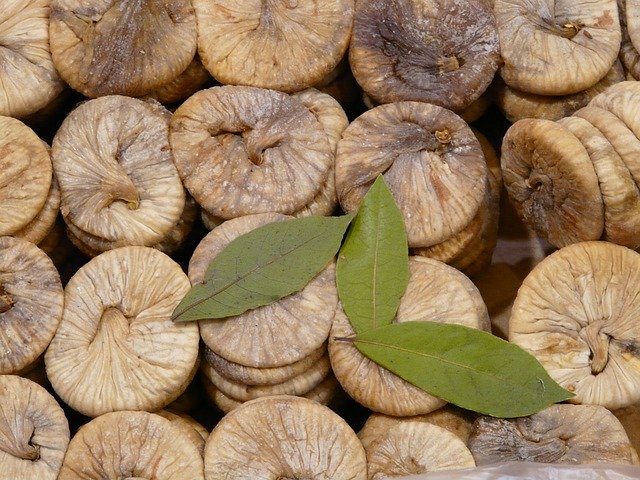
Figs pose negligible chances of allergy and hence can be given after 6 months of age. It also helps in relieving the constipation. Just like dates, you can blend it to make a paste and give to the baby as it is or by mixing with other foods. At the beginning, the baby should be taking less than one fig. it can be increased to 1 fig by the end of 8 months.
Figs are good source of fibers, iron and minerals.
Raisin (Kishmish)
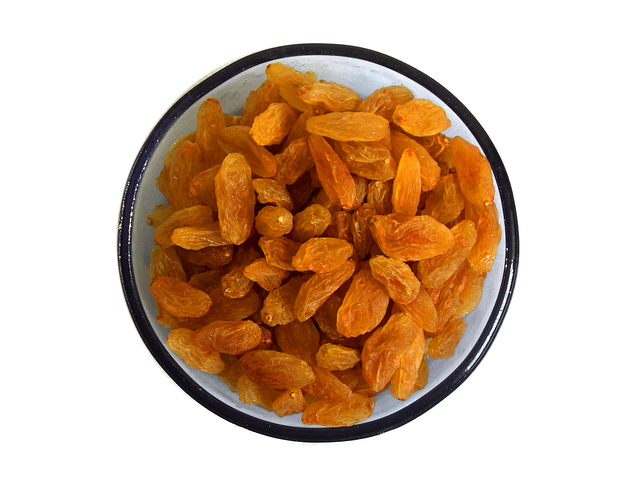
As I mentioned earlier too, babies can get constipated when they start solids. Raisin has a lot of fibers and thus acts as natural laxative.
But I could not find any clear report mentioning that raisin can be given at 6 months. So, if your baby is not having constipation, you can wait till 8 months. However, if you want to treat constipation, you can soak 2 raisins in little water overnight, and make your baby drink that water. The soaked raisins too are to be fed to the baby; for that, you can grind them along with some other food.
Coconut Water
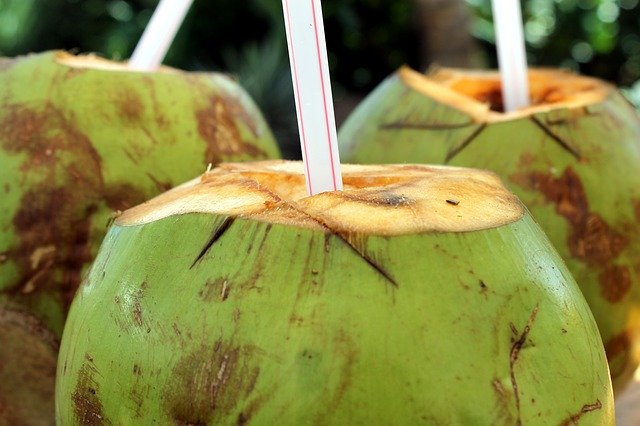
Coconut water can be very safely given to the babies the moment they start having normal water. Coconut water contains minerals and keep sthe babys body cool and hydrated.
Please make it a point to give only fresh coconut water. Never give the packed versions.
So the list ends here. Next I will be posting balanced meal plans of two months based on the nutritional values of all these foods; and then recipes too.
To not to miss these important articles, make sure you follow the Facebook Page, so that you get notified.
Follow the Instagram Page for daily updates and quick tips.
Also Read the very important article ‘What not to give to 6 months old babies‘
And get a deeper insight into the concept of Home Made Cerelac: Is it actually good?
9 thoughts on “List of Foods for 6+ months old babies”
Comments are closed.


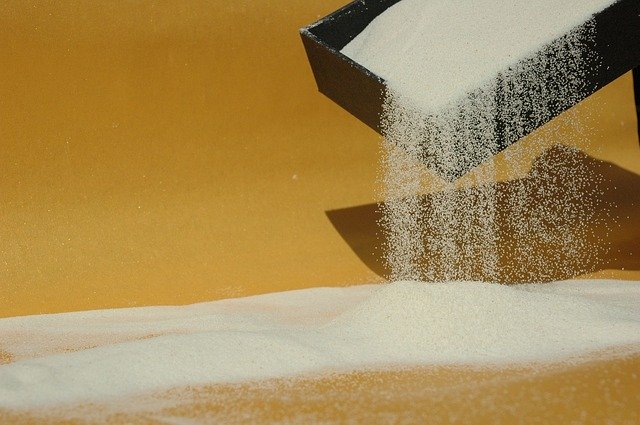
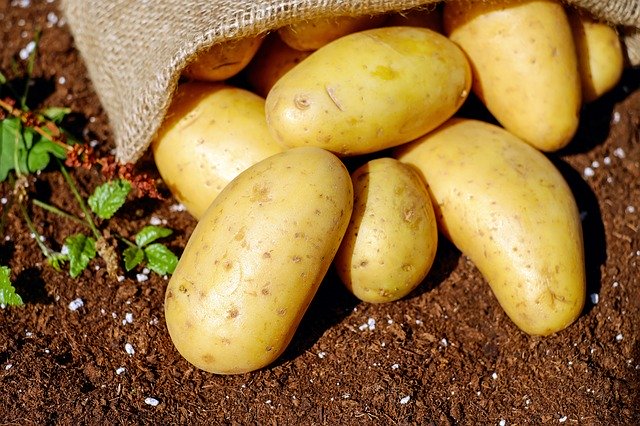
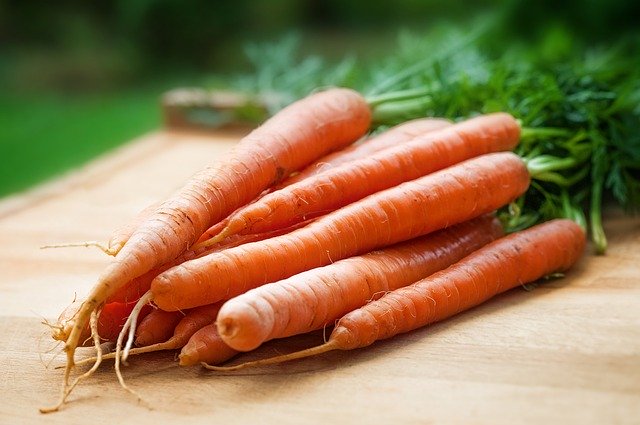
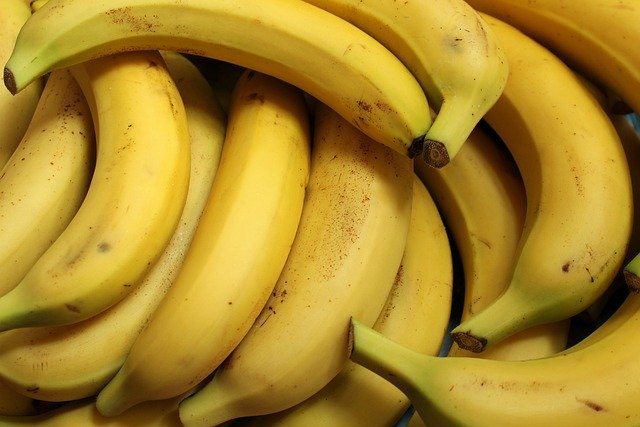
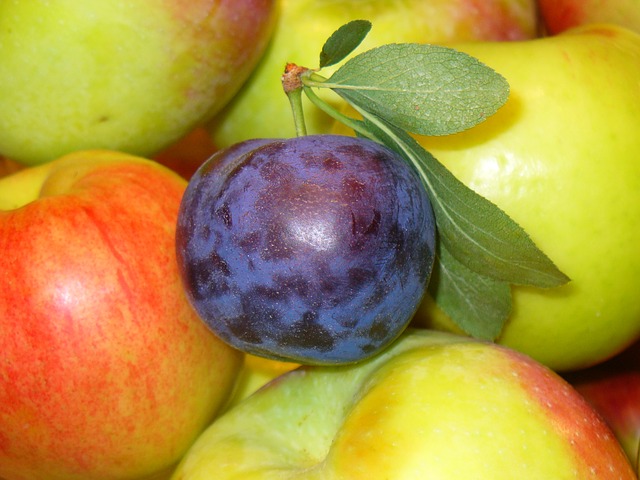
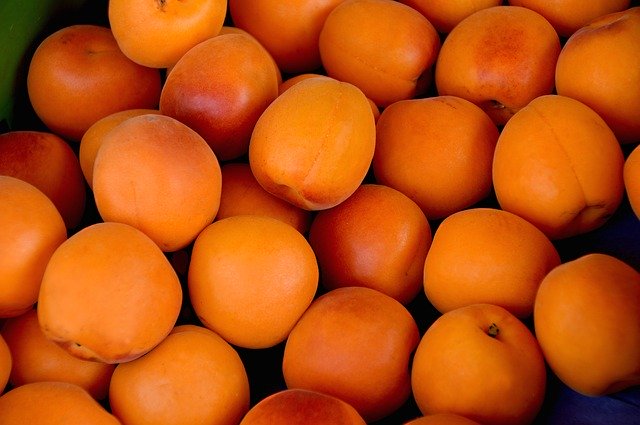
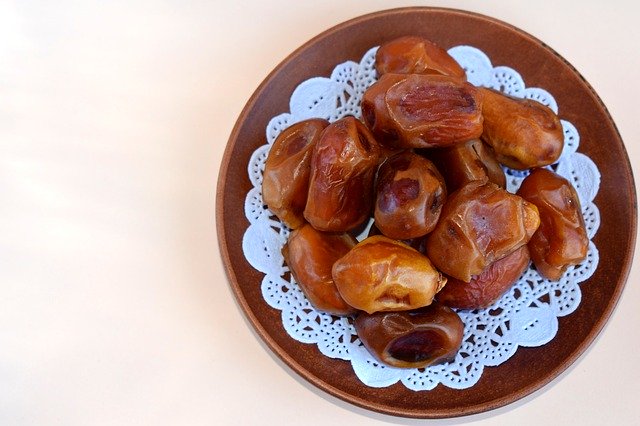
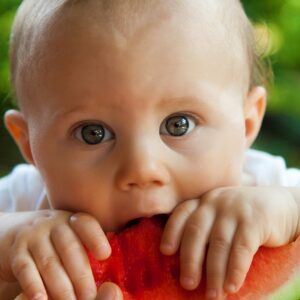

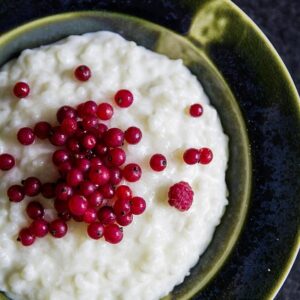

Very nice information and helpful thnk you so much dear
This is my pleasure… Stay tuned for more.
Like!! Great article post.Really thank you! Really Cool.
https://waterfallmagazine.com
This post will assist the internet people for building up
new webpage or even a weblog from start to end.
Hey there! I could have sworn I’ve been to this website before but after browsing through some of the post I realized it’s new to me.
Anyhow, I’m definitely glad I found it and I’ll be bookmarking and checking back frequently!
Take a look at my homepage :: CBD for sale
thanks a lot.:)
That is a good tip especially to those new to the blogosphere.
Simple but very precise info… Many thanks for
sharing this one. A must read post!
Spot on with this write-up, I seriously believe that this amazing site needs a great deal more attention. I’ll probably be returning to
read through more, thanks for the information!